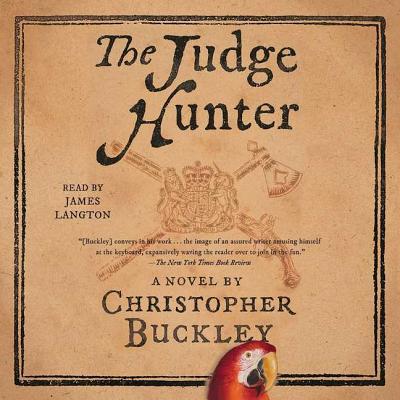What do you think?
Rate this book


10 pages, Audio CD
First published May 1, 2018
Balty praised his host’s admirable wall and asked if it kept out the savages.
Stuyvesant smiled, “Oh the wall is not for keeping out Indians, it’s for keeping out English.”
“Oh,” Balti said unsure how to respond, “Has it worked?”
Stuyvesant chortled, “It seems not. After all, here are you.” Here he added diplomatically, “But you are welcome in New Amsterdam.”
“Too kind.”
“People are now saying we must have a bigger wall.”
“Not on our account I hope.”
Stuyvesant shrugged, “If this is to come maybe I’ll ask your King Charles to pay for it.”
“A most amusing idea …”
[P. G. Wodehouse] will continue to release future generations from captivity that may be more irksome than our own. He has made a world for us to live in and delight in.– Evelyn Waugh